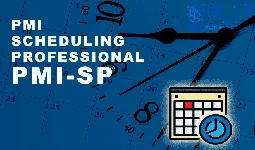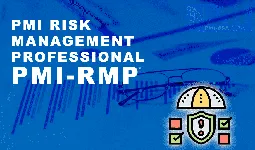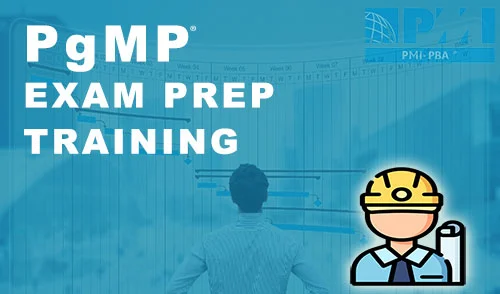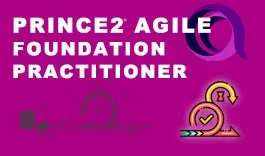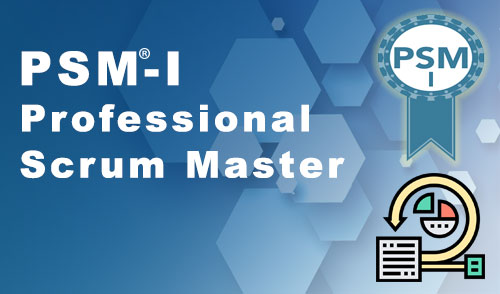Product Life Cycle Model: A Guide to Understanding Your Product's Success
-
 By Sushmith
By Sushmith - Published on Oct 11 2023

Table of Contents
Mastering the Product Life Cycle Model for Success
Navigating the intricate waters of the business world requires more than just a compass; it demands a thorough understanding of the Product Life Cycle Model and its stages. This model serves as your reliable guide, helping you steer your product's journey from conception to triumph.
Imagine your product as the protagonist of an epic tale, and the Product Life Cycle Model as the framework of its narrative. At its heart, this model is a comprehensive map that traces the evolution of a product through four distinct stages: Introduction, Growth, Maturity, and Decline. Think of it as the script that guides your product's performance, and ultimately, its trajectory in the market.

The Four Stages of Product Life Cycle Model
Sailing into the Introduction Stage
Picture your product as a ship that's just set sail into uncharted waters during the Introduction Stage of the Product Life Cycle Model. The eyes of the market fixate upon it, much like the audience watching a grand opening act. This is the phase of building awareness and generating a buzz that's felt like ripples in the ocean in the context of the product cycle model. Every nuance matters: from the allure of the packaging to the finesse of strategic marketing, all within the framework of the product cycle model. Much like a ship's inaugural voyage, make this stage unforgettable within the realm of the product cycle model.
- Creating Awareness: Launch your product with flair and intention, capturing the attention of your target audience.
- Buzz Generation: Set the stage with teasers, sneak peeks, and pre-launch marketing to pique curiosity.
- Strategic Positioning: Understand your product's unique selling points and align them with the expectations of your target market.
- Innovative Marketing: Develop ingenious campaigns that capture the essence of your product and resonate with your potential customers.
Navigating the Growth Stage
As your ship gains momentum, the Growth Stage, within the context of the market life cycle model, comes into view. Just like a sailing vessel that catches the wind and surges forward, your product experiences a phase of rapid expansion. Sales climb, and your market presence broadens, akin to your ship conquering new horizons. Yet, keep a weather eye open – with growth comes competition. It's time to adjust your sails, innovate, and ensure you stay at the forefront of the race.
- Scaling Up: Increase production capacity to meet escalating demands without compromising quality.
- Market Expansion: Cast your net wider, exploring new demographics and geographical areas for growth.
- Feedback Utilization: Listen attentively to customer feedback; it's your compass for refining your product.
- Competitive Edge: Stay a step ahead by fostering innovation and embracing change with agility.
Sustaining through the Maturity Stage
Imagine your ship sailing into calmer waters – welcome to the Maturity Phase of product life cycle. Here, your product holds a steady course, much like an experienced captain navigating familiar seas. But be vigilant; complacency can be as treacherous as hidden reefs. This stage calls for differentiation; a strategy to set your product apart during the maturity phase of the product life cycle. Forge unbreakable bonds with customers and breathe fresh life into your offering through innovations. Navigate with the wisdom of a seasoned sailor.
- Product Differentiation: Craft distinct features that make your product stand out in a crowded market.
- Customer Loyalty: Cultivate lasting relationships with customers through exceptional service and personalized experiences.
- Innovation: Keep the wind in your sails by introducing new variations or features to keep your product relevant.
- Market Monitoring: Keep a vigilant eye on market trends and emerging competitors to maintain your competitive edge.
Managing the Decline Stage
Every journey has its twilight, and so does your product's voyage. The Decline Stage, where products in the decline stage signify the gradual ebbing of sales and relevance, much like the sun setting on the horizon. Yet, even in this phase, you have choices – pivot, diversify, or embrace the decline gracefully. Consider this your opportunity to author a poignant final chapter or to embark on a new odyssey.
- Strategic Pivoting: Explore uncharted territories by repurposing your product for new uses or markets.
- Diversification: Expand your horizons by branching into related products or services to retain your foothold.
- Transition Planning: Articulate an elegant exit strategy that acknowledges the product's journey and the sentiment it holds.
- Legacy Building: Celebrate the successes of your product's life cycle, highlighting its impact and memories.
Strategies for Each Stage
Introduction Stage Strategies
The Introduction Stage, guided by the Product Life Cycle Model, requires an orchestrated debut that captures the market's attention and leaves them craving more. Your compass is set to innovation, and your sails are filled with the winds of anticipation. This is your moment to shine, to reveal the masterpiece you've crafted in the shipyard of creativity.
- Unveiling the Spectacle: Launch your product with a bang, generating excitement and intrigue.
- Creating an Aura: Employ engaging storytelling that weaves a narrative around your product's journey.
- Leveraging Teasers: Tease your audience with glimpses of what's to come, building anticipation.
- Influencer Alliances: Collaborate with influencers who align with your product's essence for amplified reach.
Growth Stage Strategies
The Growth Stage is your vessel's rapid ascent to prominence. The winds of opportunity fill your sails, and the horizon is ablaze with potential. Now, more than ever, you need to be vigilant and adaptable, for with growth comes both promise and challenges. The key is to harness the momentum and surge forward, guided by strategy and innovation.
- Expanding Reach: Extend your presence to untapped markets, both locally and internationally.
- Feedback Loop: Continuously gather and integrate customer feedback to enhance your product.
- Strategic Partnerships: Forge alliances that amplify your product's reach and provide added value.
- Innovation Hub: Establish a culture of innovation, encouraging teams to bring fresh ideas to the table.
Maturity Stage Strategies
The maturity phase of product life cycle: Your product has earned its place in the sun, but it's not time to lower the sails. This is your moment to diversify and innovate, staying relevant in a sea of alternatives. While the waters are steadier, your tactics must be even more strategic to navigate through the competition.
- Revitalizing the Brand: Infuse new life into your brand through revamped visuals and messaging.
- Customer-Centric Approach: Prioritize customer experience and engagement to foster loyalty.
- Segmentation and Targeting: Fine-tune your marketing efforts by catering to specific customer segments.
- Innovating with Purpose: Introduce meaningful innovations that address customer pain points and desires.
Decline Stage Strategies
The key is strategic thinking and a willingness to adapt. This stage is an invitation to explore new horizons, innovate, or gracefully bid adieu to a product that has served its purpose. Your ship's legacy is in your hands.
- Redefining Purpose: Explore alternative uses or audiences for your product, breathing new life into it.
- Adjacent Ventures: Diversify into related products or services to extend your brand's influence.
- Transition Planning: Prepare for an elegant exit or a seamless transition to a new offering.
- Capturing Memories: Celebrate the journey and achievements of your product, reinforcing its impact.
Real-World Applications of the Product Life Cycle Model

Apple's iPhone: An Ode to All Stages
Apple's iPhone is a testament to the Product Life Cycle Model at play. From its groundbreaking introduction that revolutionized the mobile landscape, to its growth and maturity phases, this iconic device has showcased the model's principles. Continuous innovation, captivating marketing, and a loyal following have all contributed to its enduring success.
Coca-Cola: Fizzing through the Stages
Coca-Cola's journey through the stages of the Product Life Cycle Model is a legendary tale. From its unforgettable introduction that established its place in pop culture, to the strategic maneuvers during maturity to maintain its stronghold, and even innovative adaptations in response to changing tastes during decline – Coca-Cola is a prime example of a brand that has successfully sailed through the stages.
Amazon's A to Z: The E-commerce Evolution
Amazon is another company that is known for its use of the PLC model. Amazon constantly launches new products and services, and it is not afraid to discontinue products that are no longer popular. This allows Amazon to stay ahead of the competition and to meet the needs of its customers.
Netflix: A Streaming Saga
Netflix is a company that has successfully transitioned from one stage of the PLC to another. Netflix started out as a DVD rental service, but it eventually transitioned to a streaming service. This transition was necessary because DVDs were becoming less and less popular. Netflix is now one of the most popular streaming services in the world.
Adapting the Model to Modern Business
As the tides of business evolve, so must the tools we use to navigate them. In the digital age, the Product Life Cycle Model remains as relevant as ever. However, the channels have shifted, and new strategies have emerged. Digital marketing, data-driven insights, and e-commerce are your new sextant, helping you steer with precision through the changing currents of the market.

- Digital Marketing Mastery: Utilize social media, content marketing, and influencer collaborations to create a digital buzz.
- E-Commerce Expeditions: Establish a seamless online presence to meet customers where they are.
- Data-Powered Decisions: Leverage data analytics to gain insights and make informed decisions at every stage.
- Customer-Centricity in the Digital Age: Personalize experiences and engage with customers across digital touchpoints.
Conclusion
The Product Life Cycle Model functions as a key to your path to your business success. It comprises the product life cycle and its stages, acting as your navigational compass, while its strategies serve as your guiding map. Equipped with these profound insights, you're ready to embark on a voyage toward enduring success.
As you advance yourself towards the intricate channels of the market, remember that every stage is an opportunity to innovate, differentiate, and make your mark. Embracing the dynamism that stands the marketplace, businesses confidently direct products towards profitability.
Companies around the globe are progressively adopting the agile methodology to enhance their offerings. This trend creates abundant prospects for individuals interested in commencing a career in agile management. If you're embarking on your agile management path, we strongly suggest securing a recognized certification through a reputable training and certification provider like Sprintzeal.
Renowned globally, Sprintzeal offers a wide range of certification like Leading SAFe® Agilist 5.0 Certification Training and CSPO Certification Training Program with more agile management courses. These courses help you advance necessary skillsets for success in this dynamic market.
Visit Sprintzeal’s all courses page to explore all other services like project management, cybersecurity, and cybersecurity training programs and certifications. Begin your career with us and allow us to help you reach great heights. For further enquiries regarding courses, training, and job related query, text with our course expert or request a callback and get started.
Subscribe to our Newsletters
Popular Programs
PSM® - Professional Scrum Master Certification
Live Virtual Training
- 4.2 (75 + Ratings)
- 28k + Learners
Trending Posts
Scrum Ceremonies Guide
Last updated on Jun 6 2023
SAFe Implementation Roadmap Guide
Last updated on Sep 13 2024
Agile Coaching Guide - Best Skills for Agile Coaches
Last updated on May 24 2023
Agile Manifesto - Principles, Values and Benefits
Last updated on Dec 9 2022
Everything about Scrum Methodology
Last updated on Jul 29 2024
Scrum Workflow - A Step by Step Guide
Last updated on Sep 29 2022
Categories
- Agile Management 54
- AI and Machine Learning 42
- Big Data 53
- Business Management 51
- Cloud Computing 44
- Digital Marketing 56
- Information Security 8
- IT Hardware and Networking 17
- IT Security 103
- IT Service Management 29
- Leadership and Management 1
- Microsoft Program 2
- Other 43
- Programming Language 31
- Project Management 162
- Quality Management 75
- Risk Management 8
- Workplace Skill Building 2
Trending Now
List Of Traits An Effective Agile Scrum Master Must Possess
ArticleDevOps Vs Agile Differences Explained
ArticleDevops Tools Usage, and Benefits of Development Operations & VSTS
ArticleAgile Scrum Methodology - Benefits, Framework and Activities Explained
ArticleGuide to Agile Project Management 2024
Article10 best practices for effective DevOps in 2024
ArticleGuide to Becoming a Certified Scrum Master in 2024
ArticleWhy Should You Consider Getting a Scrum Master Certification?
ArticleCSM vs CSPO: Which Certification is Right for You?
ArticleAgile Manifesto - Principles, Values and Benefits
ArticleAgile Methodology Explained in Detail
ArticleAgile Project Management Explained
ArticleEssential Tools for Agile Project Management 2024
ArticleEverything about Scrum Methodology
ArticleScrum Workflow - A Step by Step Guide
ArticleLatest Agile Interview Questions and Answers To Look For In 2024
ArticleScrum Interview Questions and Answers 2024
ArticleTop Scrum Master Responsibilities 2024 (Updated)
ArticleProduct Life Cycle in Marketing: Essential Strategies for Product’s Success
ArticleDevOps Engineer Interview Questions - Best of 2024
ArticleDevOps Engineer - Career path, Job scope, and Certifications
ArticleBusiness Agility Guide - Importance, Benefits and Tips
ArticleScrum vs Safe – Differences Explained
ArticleCSM vs. PSM - Which Scrum Certification is Better?
ArticleSAFe Implementation Roadmap Guide
ArticleAgile Release Plan Guide
ArticleAgile Environment Guide
ArticleAgile Coaching Guide - Best Skills for Agile Coaches
ArticleAgile Principles Guide
ArticleSAFe Certifications List - Best of 2024
ArticleAgile Prioritization Techniques Explained
ArticleScrum Ceremonies Guide
ArticleProduct Owner Certifications List
ArticleScrum of Scrums Guide
ArticleWhat is DevSecOps and its Importance
ArticleData Processing - A Beginner's Guide
ArticleDevOps Career Guide 2024
ArticleStakeholder Engagement Levels Guide
ArticleScrum Master Career Path Explained
ArticleScrum Career Path Explained
ArticleTop Git Interview Questions and Answers [Updated 2024]
ArticleA guide to Agility in cloud computing
ebookProduct Roadmap: An Ultimate Guide to Successful Planning and Implementation
ArticleDMAIC Methodology - The Ultimate Guide
ArticleProduct Life Cycle Strategies: Key to Maximizing Product Efficiency
ArticleScrum Master Salary Trends in 2024
ArticleWhat is a Product Owner - Role, Objectives and Importance Explained
ArticleSuccessful Product Strategies for Introduction Stage of Product Life Cycle
ArticleUnlocking Career Opportunities in Product Management: Your Roadmap to Success
ArticleSaturation Stage of Product Life Cycle: Complete Guide
ArticleCutting-Edge Technology of Google Cloud
ArticleHow to Write an Executive Summary for a Business Plan?
ArticleImportance of Procurement Management Software in Modern Business
Article

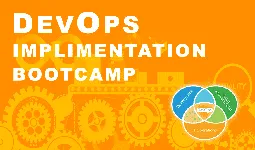
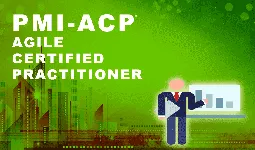
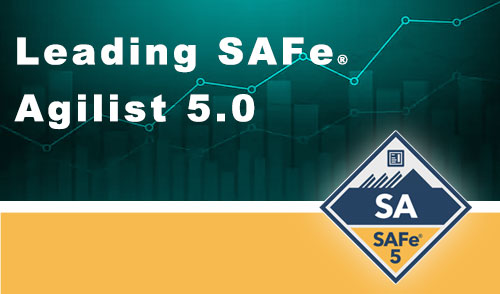
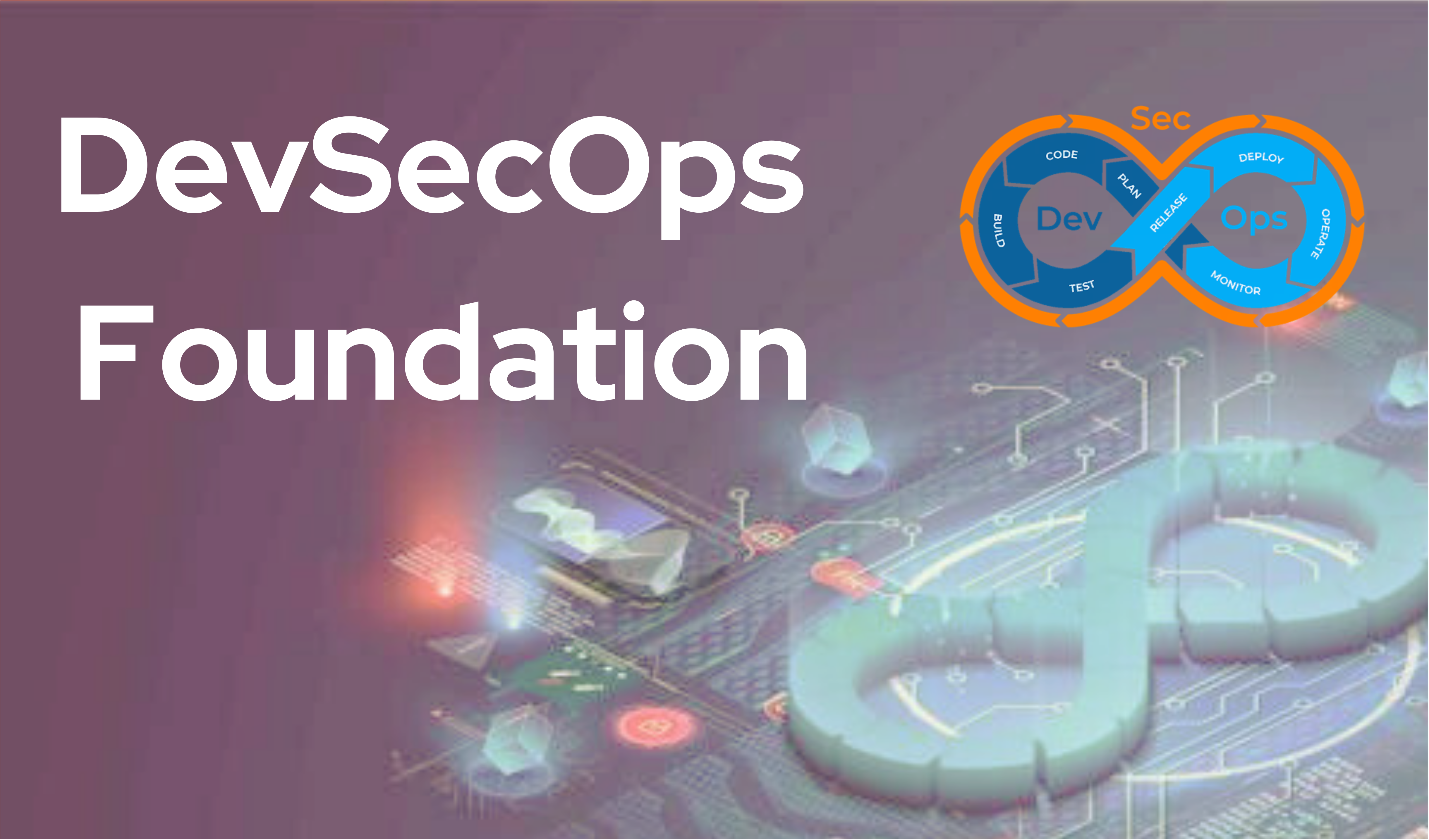
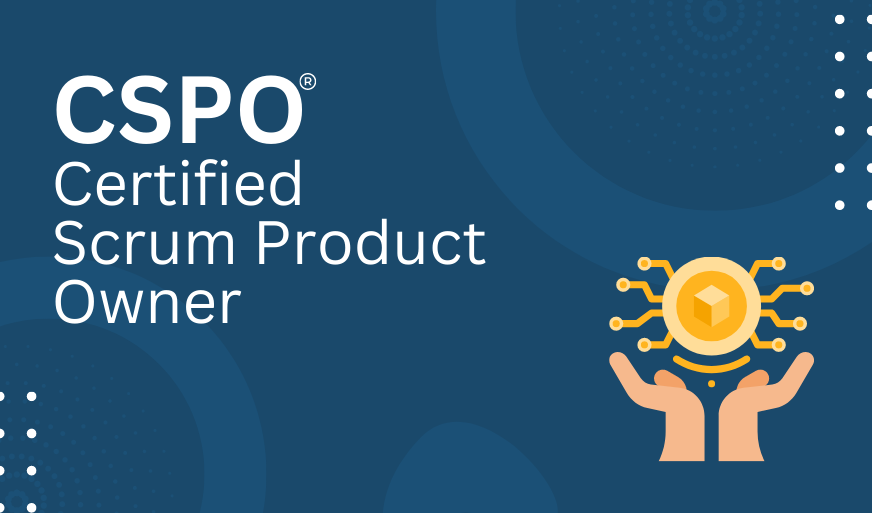
.webp)
